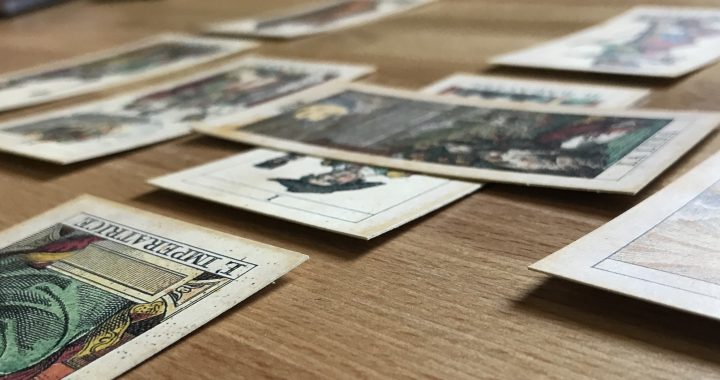Recently, I have been attending a few tarot meetups. It was a very nice experience to meet fellow tarot readers and socialize with wonderful people. And while I find the experience useful and enriching in many aspects, there is a practice in these meetings that I don’t find very productive.
Every time, there was an attempt to read a spread of the week or the month, a different one each time. A positional spread, done without any specific question, which for me is already a big mistake. If we cannot put the cards in context of a question, meanings just become an abstract game far removed from any practical application.
Spread positions were in the style of “what is the best attitude…”, … And then you find most members, even ones with quite a few years of experience, struggling when trying to fit what a card could mean in the framework of what the spread position designates. Up to the point where the conversation would always turn to something like “usually that card means this or that according to such or such book, how can I fit this into this position”, or similar reflexions.
Why do we torture ourselves to such an exercise? I see two problems arising here. First, the lack of context or question does not allow us to ground the meanings in something concrete. A little bit like what I heard James Wells express once on this issue: it’s like going to the doctor, and say “doctor, I hurt, guess where.” Not very useful.
Second, the cards do not tell their story, they’re getting out of their script. After all, for a position such as what we could wish for, I’m sure nobody would like to see a 9 of swords. If it’s the case, we transform the game in an intellectual dialogue, often very remote from the intent of the card.
On this subject, I am probably influenced a lot by the way I read Lenormand, where traditionally cards are read in tableaus and lines, without positional meanings, and where a card is usually nor read alone. I tend to read the tarot with the same basic principles as I do with Lenormand, cards are cards, I see no reason to read a particular deck with a different system.
Getting my cards in hand, here is the question I asked for this subject: what is the impact of using positional spreads in my practice?

Le Stelle – L’Appeso – Il Bagattel.
The first thing to notice is of course that the flow created by the star is blocked by the hanged man, as if what is close to nature and flows naturally is interrupted. It’s interesting to note that in ancient Italian decks, the hanged man was called “l’appeso”, which means the traitor. By analogy we can certainly say that interrupting what was the natural order becomes a form a treachery. And then what remains? The magician, a street performer doing tricks for money.
Or said more concisely, if we interrupt the natural way a card should be described, we are left with doing tricks to fit meanings in context.
Deck: Della Rocca 1835, Tarocco Soprafino, by Il Meneghello.
